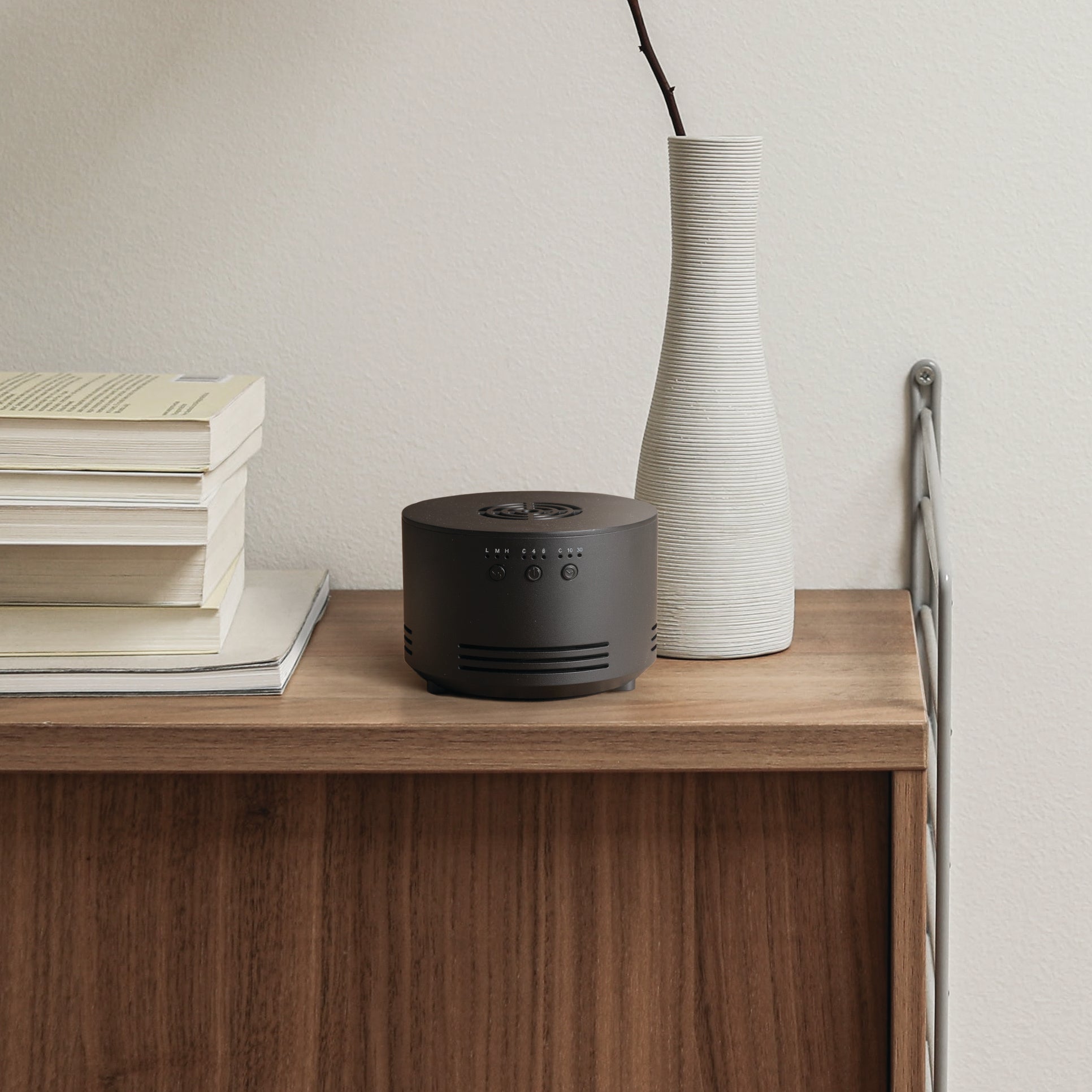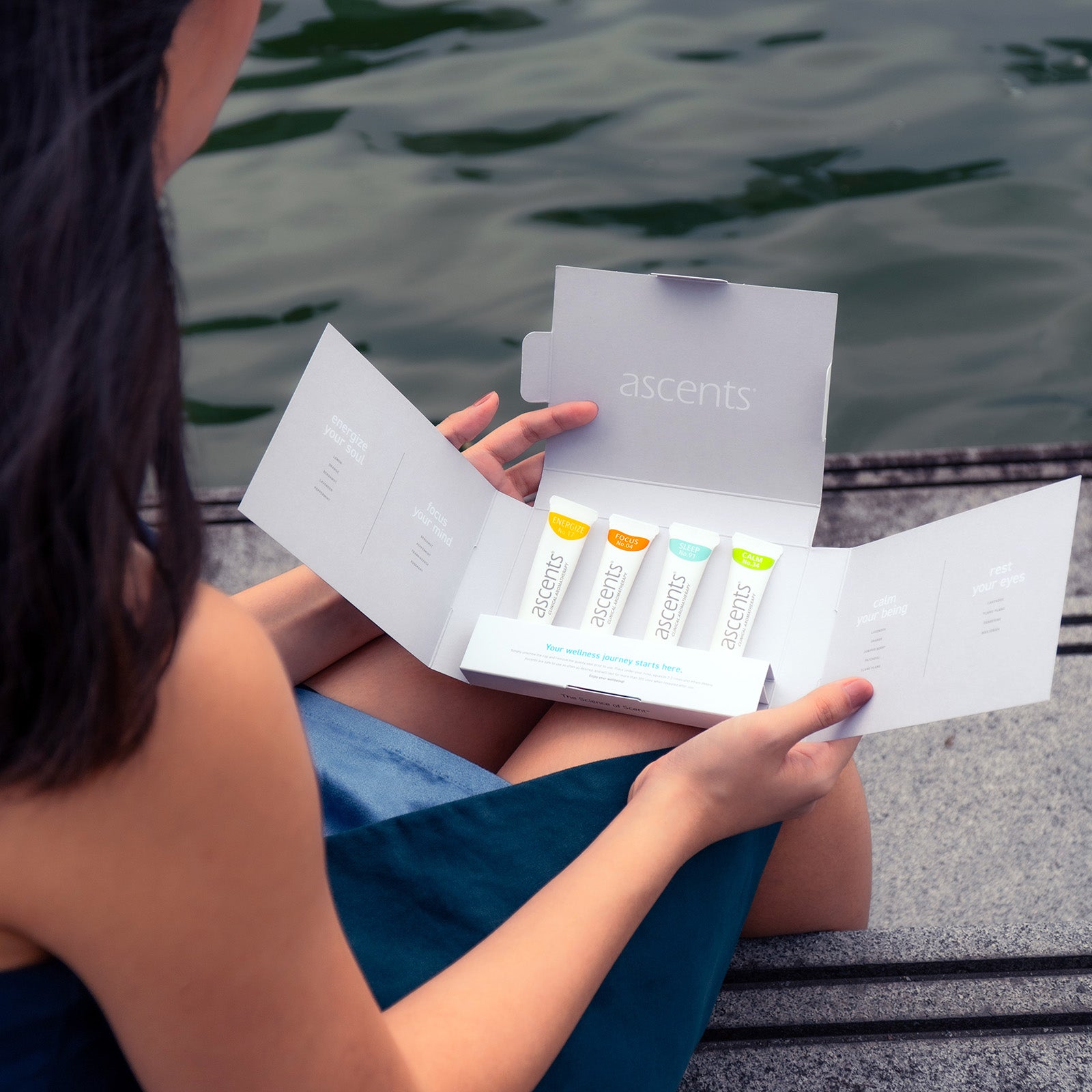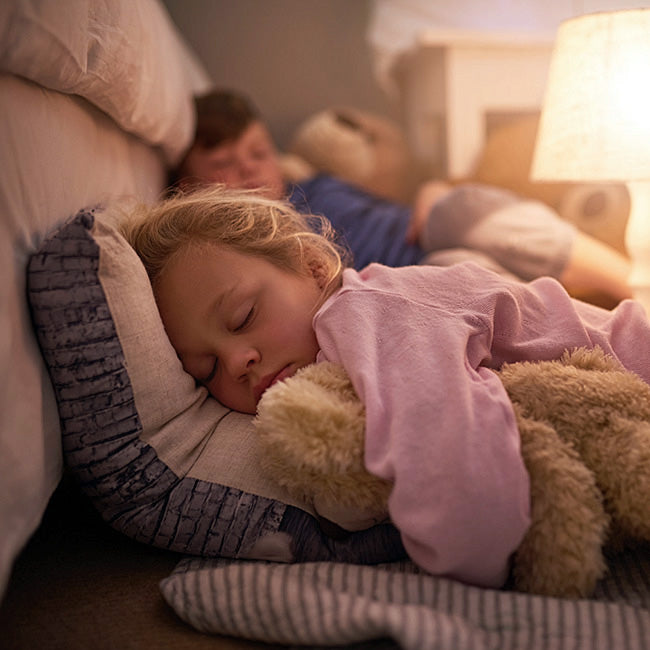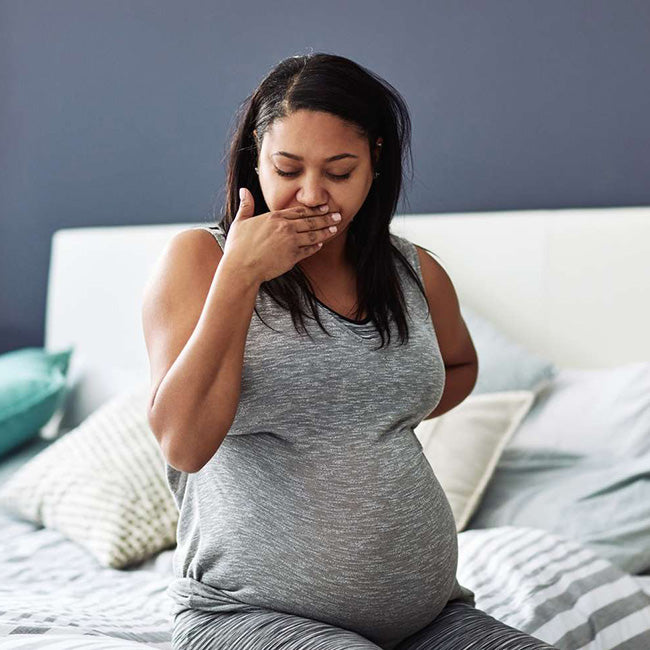Clinical Aromatherapy, Essential Oils and Sleep

For many, night-time offers a welcome respite from the chaos of the day, and sleep comes easily. But for others, restful sleep simply does not.
While there are many treatments available to address insomnia, many involve the use of drugs with a range of side effects. While these can be effective, they can also be addictive. For those with mild-to-moderate insomnia, there are more natural but still clinically-valid, scientifically-backed aids for better sleep. One of those therapies is clinical aromatherapy.
Research has shown that there is a range of essential oils that are able to help with sleeplessness. Two that are particularly effective are lavender (Lavandula angustifolia) and ylang-ylang (Cananga odorata).
For example, a 2012 study showed a significant decrease in cortisol levels of an experimental group exposed to an essential oil blend that included ylang-ylang and lavender oils. This included an immediate and continuous effect on the subjects' blood pressure as well as the stress-related cortisol reductions. This demonstrates the means by which lower stress is achieved, showing a biological/physiological effect when these scents are inhaled.
Another study, this one from 2015, demonstrated the efficacy of lavender inhalation therapy alone on sleep quality. Patients in the intervention group were given 2% lavender oil blend for 15 days, after which a comparison was made with the same group's results from the 15 days prior, pre-aromatherapy exposure. A control group was also established, which was given no exposure to aromatherapy at all.
The results showed statistically significant differences in favor of the intervention group (p <0·05). The authors concluded that lavender essential oil increased quality of sleep and reduced levels of anxiety.
These studies are not outliers, and more clinical research regarding the efficacy of essential oils to address medical issues is completed every day. This research forms the basis of our Sleep No. 91 formula, which contains essential oils we knew to contribute to better sleep without any of the harmful side effects of pharmaceuticals. It is our hope that as research progresses, we will be able to help even more people around the world get a better, healthier night's sleep.






Leave a comment
This site is protected by hCaptcha and the hCaptcha Privacy Policy and Terms of Service apply.